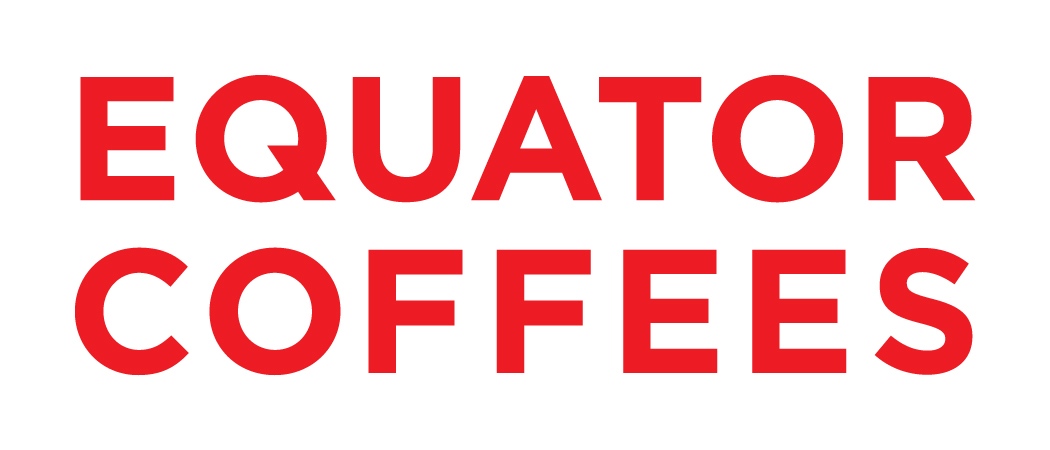

Equator Coffees, LLC

California, United States
December 2011
Food products
Manufacturing
United States
In 1995, Helen Russell and Brooke McDonnell, partners in life and business—coffee obsessed and passionate about growing something of their own—set out to do something bold: build a coffee company rooted in quality, sustainability, and social responsibility. Practices that have now become commonplace for people and planet-aware businesses were second nature to Helen and Brooke in the 90s. Equator helped pioneer the direct trade model, becoming an early adopter of Fair Trade certification in 1999, and in 2011, Equator became the first Certified B Corporation coffee roaster in California, marking a significant milestone in its commitment to blending quality with positive social and environmental impact. From establishing a world-class coffee farm in Panama, to bringing to market the first annual harvest of Regenerative Organic Certified coffee ever commercially available, Equator has never wavered on what matters: exceptional coffee, sourced with care and shared with intention. Decades later, Equator Coffees has evolved from a humble roasting operation into a recognized leader in the coffee industry with award-winning coffees, cafes across California, and a thriving wholesale program serving quality-obsessed top chefs and businesses from coast to coast.
Overall B Impact Score
Governance 16.0
Governance evaluates a company's overall mission, engagement around its social/environmental impact, ethics, and transparency. This section also evaluates the ability of a company to protect their mission and formally consider stakeholders in decision making through their corporate structure (e.g. benefit corporation) or corporate governing documents.
What is this? A company with an Impact Business Model is intentionally designed to create a specific positive outcome for one of its stakeholders - such as workers, community, environment, or customers.
Workers 20.8
Workers evaluates a company’s contributions to its employees’ financial security, health & safety, wellness, career development, and engagement & satisfaction. In addition, this section recognizes business models designed to benefit workers, such as companies that are at least 40% owned by non-executive employees and those that have workforce development programs to support individuals with barriers to employment.
Community 28.7
Community evaluates a company’s engagement with and impact on the communities in which it operates, hires from, and sources from. Topics include diversity, equity & inclusion, economic impact, civic engagement, charitable giving, and supply chain management. In addition, this section recognizes business models that are designed to address specific community-oriented problems, such as poverty alleviation through fair trade sourcing or distribution via microenterprises, producer cooperative models, locally focused economic development, and formal charitable giving commitments.
What is this? A company with an Impact Business Model is intentionally designed to create a specific positive outcome for one of its stakeholders - such as workers, community, environment, or customers.
Environment 21.4
Environment evaluates a company’s overall environmental management practices as well as its impact on the air, climate, water, land, and biodiversity. This includes the direct impact of a company’s operations and, when applicable its supply chain and distribution channels. This section also recognizes companies with environmentally innovative production processes and those that sell products or services that have a positive environmental impact. Some examples might include products and services that create renewable energy, reduce consumption or waste, conserve land or wildlife, provide less toxic alternatives to the market, or educate people about environmental problems.
What is this? A company with an Impact Business Model is intentionally designed to create a specific positive outcome for one of its stakeholders - such as workers, community, environment, or customers.
Customers 3.4
Customers evaluates a company’s stewardship of its customers through the quality of its products and services, ethical marketing, data privacy and security, and feedback channels. In addition, this section recognizes products or services that are designed to address a particular social problem for or through its customers, such as health or educational products, arts & media products, serving underserved customers/clients, and services that improve the social impact of other businesses or organizations.